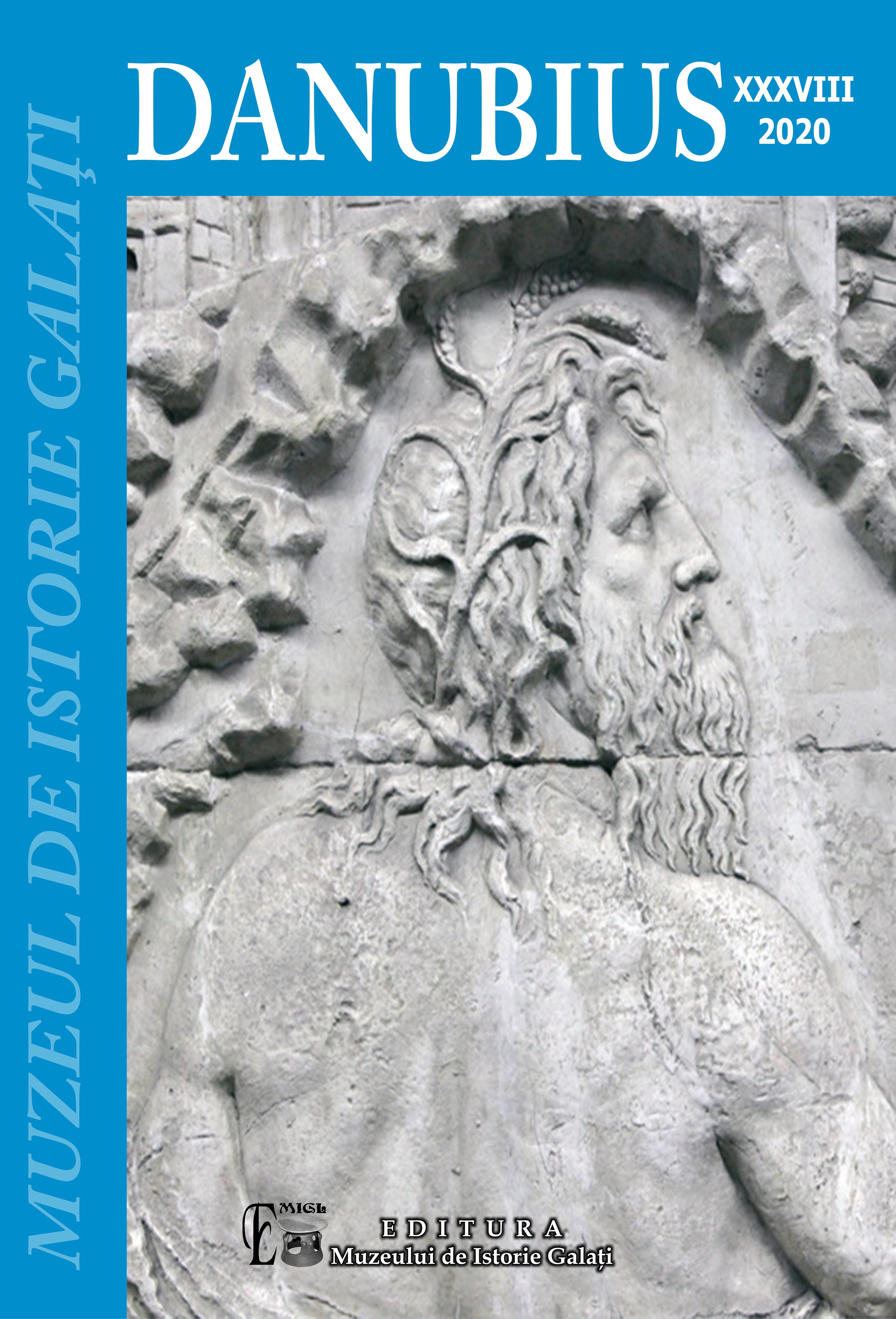Contribuţii la o istorie a răului din basmul fantastic românesc. Fiinţe malefice conotate mitofolcloric
Contributions to a History of Evil, in Romanian Fantastic Fairytale. Mythological and Folkloric Evil Beings
Author(s): Costel CIOANCĂSubject(s): History, Anthropology, Language and Literature Studies, Cultural history, Customs / Folklore, Studies of Literature, History of ideas, Romanian Literature, Cultural Anthropology / Ethnology
Published by: Muzeul de Istorie „Paul Păltănea” Galaţi
Keywords: hermeneutics; imaginary; mythanalysis; Romanian fairytale; evil beings;
Summary/Abstract: The man from the traditional Romanian communities imagined the Evil through the phenomenological prism of Christian morality. Good and Evil, in various forms and aspects, are in constant confrontation. Man, infinitesimal component of the deity, takes an obligatory, (un)consciously, (un)assumed part in this conflict. Most of the time, such confrontations are centered around some noteworthy popular heroes. In these cultural products (fairytales, legends, ballads, etc.), the heroes fight evil, whatever/whoever it may be, in order to restore the moral balance, the harmony disturbed by the manifestation of evil, and, ultimately, the conceptual Good. The Romanian fantastic fairy tale is, in this aspect, perhaps the most fertile epic field of representation, valorization and symbolization of this eternal struggle between Good and Evil, with an obvious formative function. I don`t think there is any fairy tale that doesn’t have, as a synthetically-narrative core, such a conflict. Most often, this subject became the theme of the action and the narrative itself. This study deals with the evil beings which are present in the the fantastic fairy tale epic. For an easy comprehension of the epistemic dimensions given to evil by traditional mentality, both generator and consumer of fantastic fairytale, I have chosen to divide these categories of evil beings according to their area of manifestation. Every category emphasizes both the human appetite for evil, as well as the cathartic discharge given by one`s struggle with such evil tendencies. We have, therefore, anthropophagous, forestry, pandemic, demonic (in the Christian sense) fantastic beings, sometimes with important physical descriptions of them.
Journal: Danubius
- Issue Year: XXXVIII/2020
- Issue No: 1
- Page Range: 529-544
- Page Count: 16
- Language: Romanian

